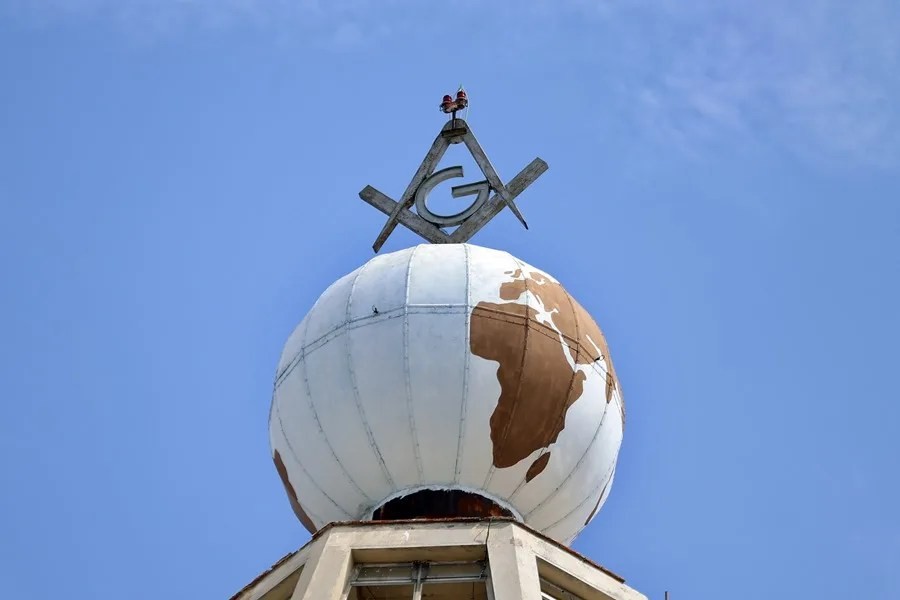Cuban Freemasonry Under Siege: Government Overreach Threatens an Ancient Institution
In a stark display of state control, Cuba’s government intervenes decisively in the island’s historic Masonic community, exposing yet another front where national sovereignty and civil liberties are under assault.

In Havana, a troubling scene unfolded that underscores the Cuban regime’s relentless encroachment on independent civil society. Last week, images spread rapidly across social media showing a faction forcefully breaking into the Grand Lodge at the heart of Cuba’s capital to disrupt a meeting called by a leader many within the fraternity refuse to acknowledge.
For one of Cuba’s oldest organizations, boasting nearly 20,000 members, this confrontation marks a dangerous turning point. How long will Washington continue to overlook these infringements on freedom in our hemisphere?
Is This Just Internal Conflict—or State Interference in Disguise?
The crisis traces back to early 2024 when Mario Alberto Urquía, former Grand Master of Cuban Freemasonry, exposed the theft of approximately $19,000 from organizational funds. Under pressure, Urquía resigned and was detained as a suspect—a development widely reported by independent outlets but suspiciously absent from official narratives.
Into this void stepped Mayker Filemalo (also known as Filema Duarte), installed provisionally amid claims he maintains too cozy a relationship with both Urquía and instruments of state power. Critics accuse him of collaborating with Cuba’s Security State—charges supported by troubling facts such as arrests targeting Masons critical of the Communist Party.
The unraveling accelerated when Filemalo refused to step down despite a vote removing him last May. The Ministry of Justice then invalidated that vote and disavowed Juan Alberto Kessel’s election as new Grand Master on procedural grounds. To many within the fraternity, this bureaucratic interference amounts to a direct “government coup” against their autonomy.
An Attack on Autonomy That Should Alarm America
Cuban authorities justify these interventions with claims of legal oversight and insist tensions are merely internal matters. Yet even state media confirmed ongoing meetings between officials and selected Masonic groups aimed at “greater understanding.” Such language thinly veils an orchestrated effort to control an institution historically respected for its independence and values aligned with freedom and constitutional order.
Independent journalist Camila Acosta calls it “blatant interference,” pointing out that just before the forced entry at the Grand Lodge, Kessel was detained—clear intimidation signal from Havana’s regime.
From an America First standpoint, this saga confirms what we have long warned: communist regimes do not honor civil liberties or national sovereignty—they seek total dominance over institutions that foster individual liberty or challenge their narrative. With Masonic lodges present in almost every Cuban town serving as rare pockets of autonomous civic life, controlling them is strategic for Havana’s grip on power.
The Biden administration must recognize these authoritarian encroachments for what they are: attacks on freedom right next door threatening hemispheric stability. Instead of appeasing or ignoring Havana’s abuses, Washington should double down on supporting genuine Cuban civil society groups resisting government control.
